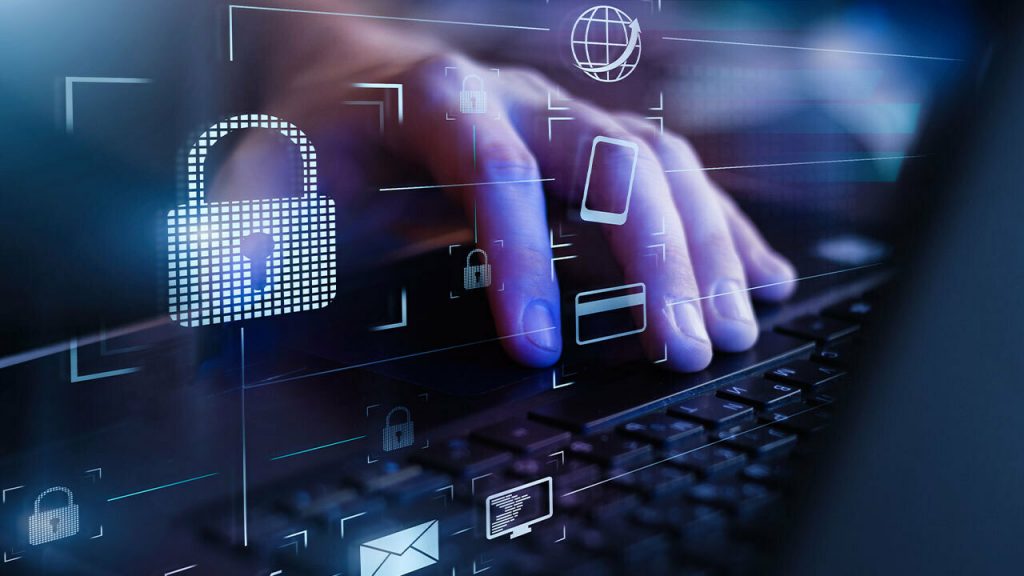
Cybercrimes are becoming more frequent, and unsuspecting users are more vulnerable than ever before. When one click can cost thousands, and even millions, users need actionable to-do’s that can help them stay alert and safe online. Here are the few simple tips to make you more secure online:
Use two-factor authenticator
Two-factor authentication can waste your time, but it absolutely makes your accounts more secure. Two-factor authentication means you need to pass another layer of authentication, not just a username and password, to get into your accounts. It verifies your identity using at least two different forms of authentication: something you are, something you have, or something you know. Something you know is the password. Something you are could mean authentication using a fingerprint, or facial recognition. Something you have could be your mobile phone. If you just use a password for authentication, anyone who learns that password owns your account. With two-factor authentication enabled, the password alone is useless. Most password managers support two-factor, though some only require it when they detect a connection from a new device. Enabling two-factor authentication for your password manager is a must.
Use Different Email Addresses for Different Kinds of Accounts
People who are organized about their security uses different email addresses for different purposes, to keep the online identities associated with them separate. If a phishing email claiming to be from your bank comes to the account you use only for social media, you know it’s fake. Consider maintaining one email address dedicated to signing up for apps that you want to try, but which might have questionable security, or which might spam you with promotional messages. After you’ve vetted a service or app, sign up using one of your permanent email accounts. If the dedicated account starts to get spam, close it, and create a new one.
Use Unique Passwords on Different Accounts
Using a unique password for each account means that even in the event of a data breach in one of the services you use, your other accounts are not at risk. Even if you come up with a highly complex password that is virtually impossible for anyone else to guess, the safety of your account to online services is at risk if you use that same password for each account. For example, if hackers gain access to the login details for one of the services that you use, they can then use that information to access any of your other online accounts where you have used the same password. Using a unique password for each account means that even in the event of a data breach in one of the services you use, your other accounts are not at risk.
Use Private Browser
With private browsing settings turned on, they help keep your Internet sessions private from other users of the same computer or device. Private browsing modes won’t retain your temporary browsing data — browsing history, search records, and cookies — which could otherwise be saved by the web browser. Some private browsing modes can erase files that you’ve downloaded or bookmarked. Some also offer tracking protection and help hide your location.
Encrypt Your Important Emails
Encrypting the connection prevents unauthorized users on the network from intercepting and capturing your login credentials and any email messages you send or receive as they leave your email provider’s server and travel from server to server around the Internet. Encrypting email messages before they’re sent means that even if a hacker or anyone other than the intended recipient should intercept your email messages, they’re unreadable, and essentially useless.
References:
- https://www.pcmag.com/how-to/12-simple-things-you-can-do-to-be-more-secure-online
- https://us.norton.com/internetsecurity-privacy-what-is-private-browsing.html#:~:text=With%20private%20browsing%20settings%20turned,saved%20by%20the%20web%20browser.
- https://help.f-secure.com/product.html?home/key/Multi-platform/en/concept_8AB1B5368B9E43369E1A5A50D982B030-Multi-platform-en
- https://digitalguardian.com/blog/what-email-encryption
- https://help.f-secure.com/product.html?home/key/Multi-platform/en/concept_8AB1B5368B9E43369E1A5A50D982B030-Multi-platform-en
